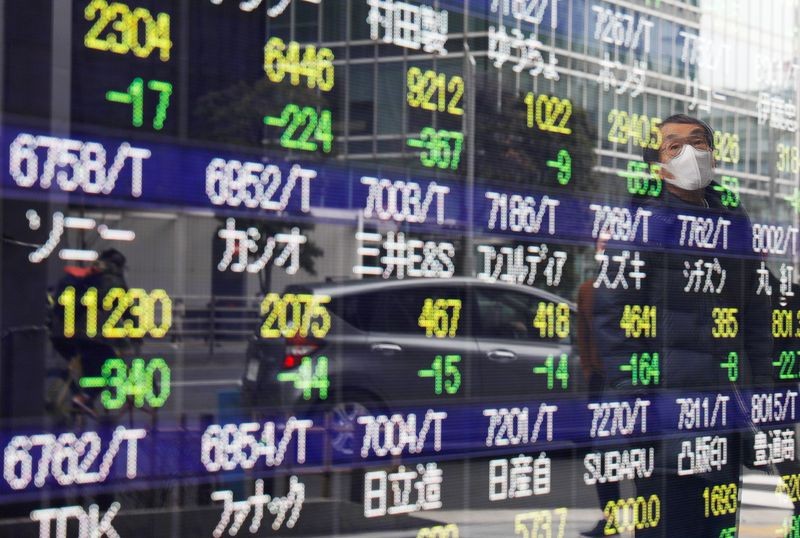Asian markets entered Thursday on an upbeat note as stocks hit two-year highs, driven by a rally in technology stocks and stabilizing global markets that helped reduce volatility and calm financial conditions. Despite U.S. markets being closed on Wednesday, Asian investors showed resilience as the MSCI Asia ex-Japan index rose more than 1% to its highest level since April 2022. In addition, the MSCI World Index hit a new record high.
Attention now turns to key economic decisions and data releases in the Asia-Pacific region. The People’s Bank of China is expected to keep its benchmark lending rate unchanged, a decision that follows a hold on the interest rates on its medium-term lending facility earlier in the week. While economic activity in China is showing signs of slowing, there is growing pressure for possible monetary easing in the coming months.
Meanwhile, Bank Indonesia is expected to keep its key interest rate at 6.25%, as forecast by a recent survey of economists. That forecast pushes back an expected rate cut to early next year, a shift from previous expectations of a cut later this year. The rupiah’s slide to a four-year low against the U.S. dollar has weighed on those expectations, prompting the central bank to unexpectedly raise interest rates in April.
Although inflation has remained within the central bank's target range of 1.5% to 3.5% for almost a year, the US Federal Reserve's firm policy stance and the continued strength of the US dollar have tempered the likelihood of a rate cut.
New Zealand’s economic performance is also in focus, with Q1 GDP figures due out. There is a slight chance that New Zealand could see a mild technical recession in the first quarter, with forecasts predicting a marginal 0.1% GDP growth, following a 0.1% contraction in the previous quarter.
In equity markets, the MSCI Asia Pacific ex-Japan index has risen 12% from its mid-April low, although China’s blue-chip CSI 300 index has not seen the same upward trajectory. Hong Kong’s Hang Seng Tech Index jumped a notable 3.7% on Wednesday, one of its best performances this year.
Currency markets are showing the yen remaining near recent lows, which has prompted Tokyo to intervene in the past. However, the market appears unmoved as one-month implied volatility in the dollar/yen fell for a sixth straight day on Wednesday, hitting its lowest since April 8.







































